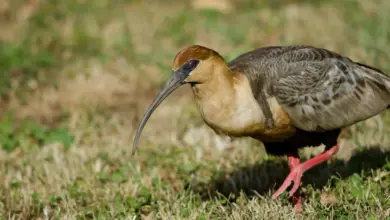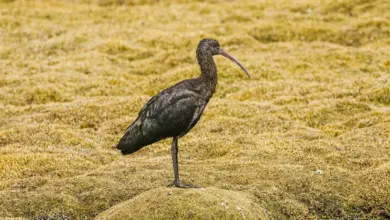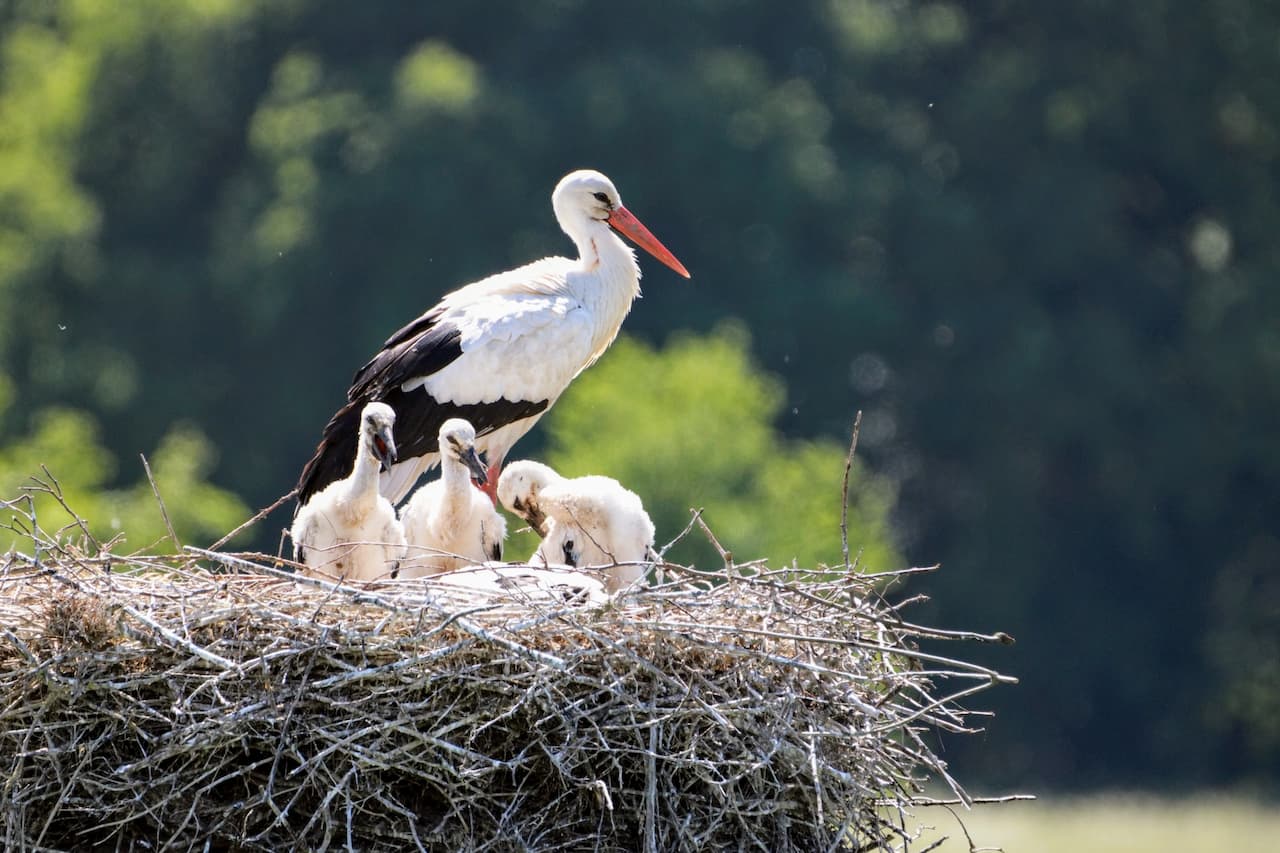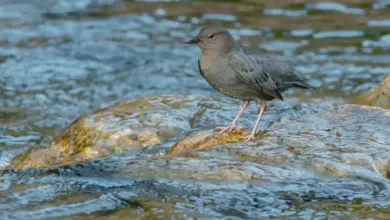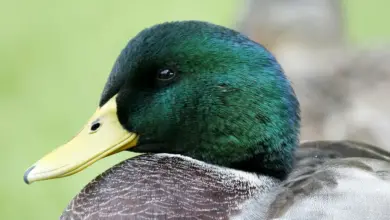The Ruddy-headed Geese (Chloephaga rubidiceps) are rare, large South American sheldgeese.
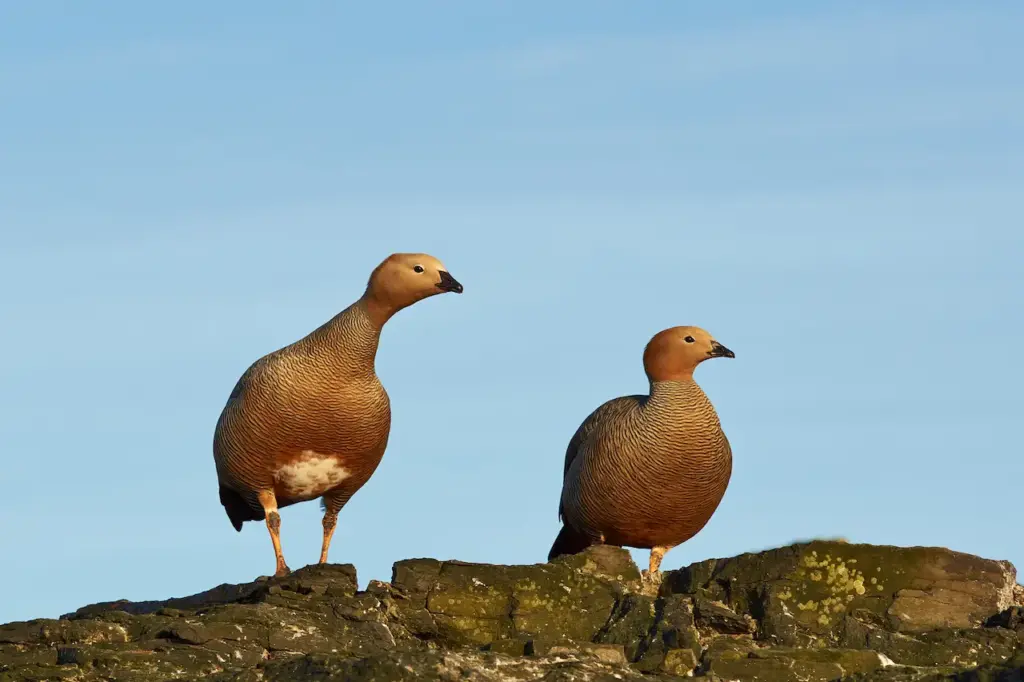
Distribution / Range
These mostly migratory geese occur naturally in southernmost South America; where they breed on open grassy plains in Tierra del Fuego, Chile and the Falkland Islands. For the winter, they migrate to the lowlands in southern Argentina.
The Falklands population is resident (non-migratory).
They favor damp upland forest clearings and feed by grazing. They rarely swim.
Outside the breeding season, they commonly form mixed flocks, often with the Ashy-headed Goose.
Ruddy-headed Geese are quite common in the Falklands, but only a few hundred of them are still found in continental South America; mainly due to loss of habitat and predation by the introduced Argentine Fox.
Description
The stocky Ruddy-headed Goose measures about 45–50 cm in length. The plumage is a pale grey back, and black-barred rich buff underparts. The head and upper neck are chestnut brown. In flight this species shows black primaries (longest wing feathers), with the rest of the wing white except for a broad green bar.
Males and females look alike.
Juveniles have a duller plumage.
Nesting
The lined nest is built amongst grass tussocks. The average clutch consists of 4 – 11 eggs.
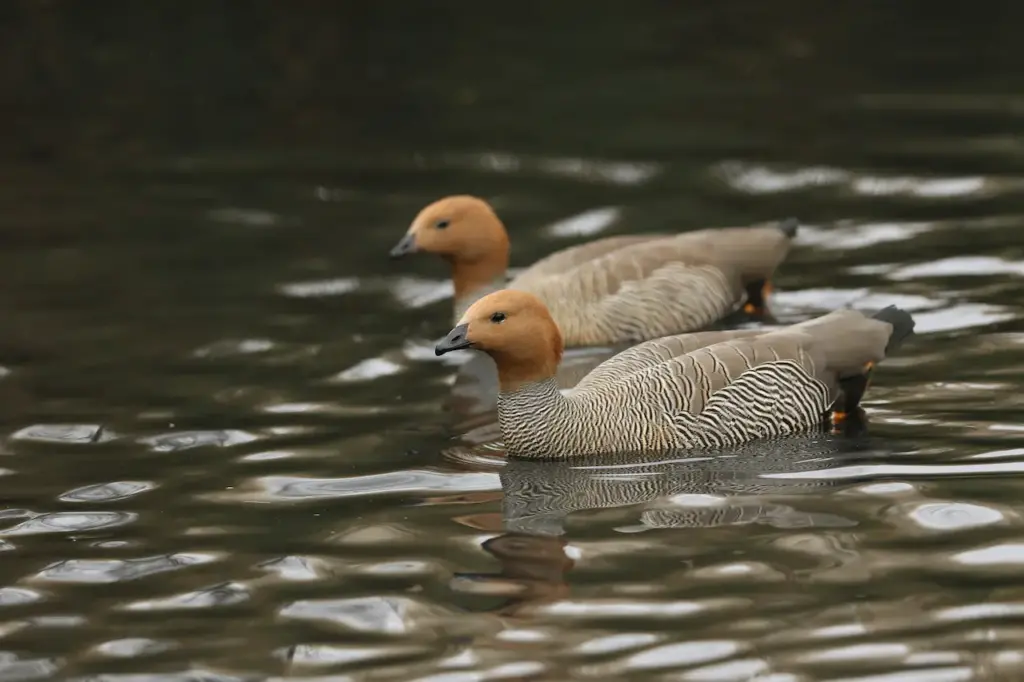
Calls / Vocalizations
The male’s call is described as a soft whistle, and the female’s is a harsh cackle.
Diet / Feeding
Geese feed mainly on plant material. When feeding in water, they submerge their heads and necks to reach aquatic plants, sometimes tipping forward like a dabbling duck. Flocks of these birds often feed on leftover cultivated grains in fields, especially during migration or in winter.
Ducks and geese generally feed on larvae and pupae usually found under rocks, aquatic animals, plant material, seeds, small fish, snails and crabs.

